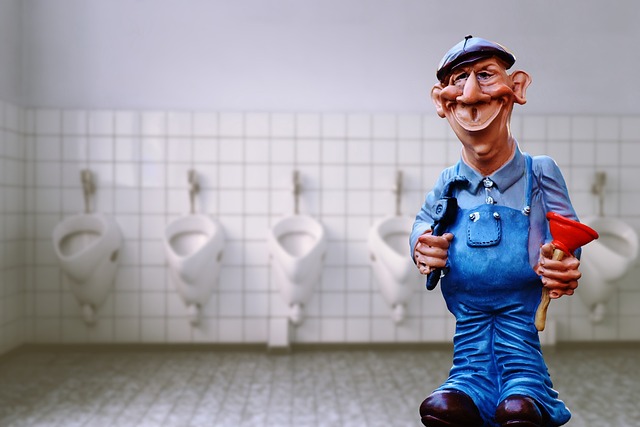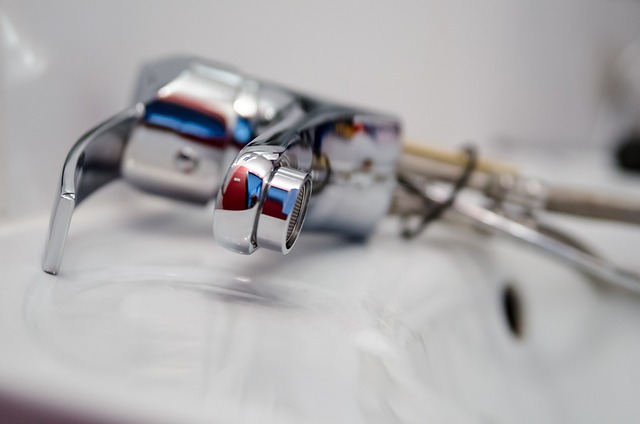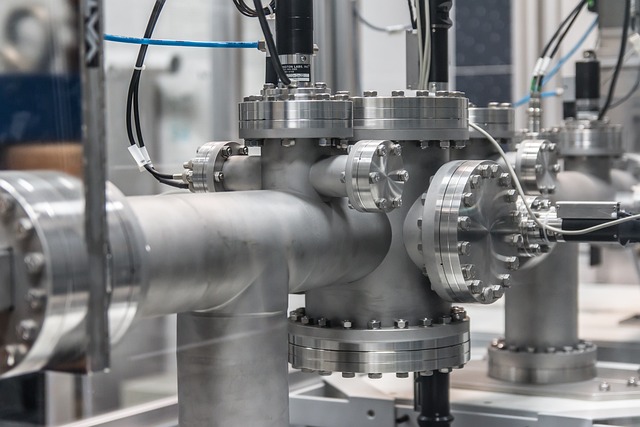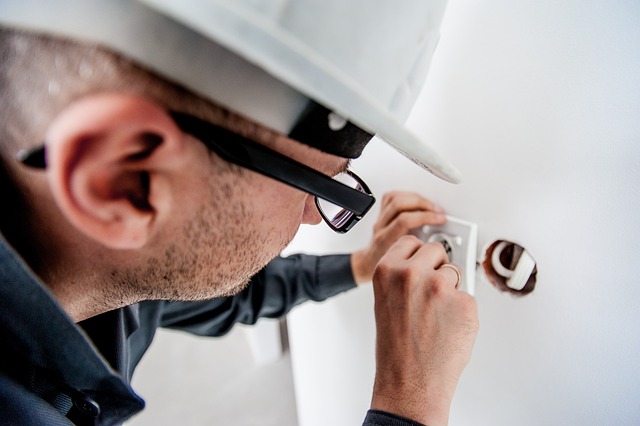DIY plumbing fixes save costs but may lead to temporary solutions, further damage, and safety risks, especially for complex issues. Online tutorials empower homeowners with basic skills and knowledge, but busy individuals may find time constraints impractical. Professional plumbers ensure expert repairs, guarantees, and long-term solutions, outweighing DIY risks for intricate tasks. Comparing DIY vs. professional services highlights the advantages of hiring experts for challenging plumbing problems.
Is it time to roll up your sleeves and tackle that leaky faucet yourself, or should you call in a plumbing pro? Understanding the pros and cons of both DIY fixes and professional repairs is key to making an informed decision. While DIY plumbing can save costs and build skills, it comes with risks of errors leading to bigger problems. Professional plumbers offer expertise, specialized tools, and efficient solutions, but at a higher cost.
This article breaks down the nuances of DIY vs. professional plumbing, helping you decide when to take on fixes yourself and when to trust the experts.
- DIY Plumbing Fixes: Pros and Cons
- – Benefits of DIY approach: cost savings, learning new skills, scheduling flexibility
- – Drawbacks: potential for errors leading to bigger problems, lack of specialized tools and knowledge
DIY Plumbing Fixes: Pros and Cons

DIY Plumbing Fixes offer a range of advantages for those inclined towards hands-on projects and willing to invest time and effort. Pros include cost savings, as DIYers can avoid labour fees charged by professionals. It’s also an excellent way to learn essential plumbing skills and gain confidence in tackling future issues. With access to online tutorials and supply stores, many common problems like leaky faucets or clogged drains can be resolved with relative ease.
However, there are cons to consider. For complex or obscure issues, DIY methods might not offer a permanent fix. Improper repairs can lead to further damage and costly complications. Additionally, time is a valuable resource; for those with busy schedules, the time investment required for DIY plumbing fixes may not be feasible. Professional plumbers provide expertise and guarantees, ensuring jobs are done right the first time, saving time and potential future headaches.
– Benefits of DIY approach: cost savings, learning new skills, scheduling flexibility

The DIY approach to plumbing offers several advantages that appeal to many homeowners. One of the most significant benefits is cost savings. By tackling minor issues yourself, you avoid the expense of calling a professional for every small problem. This can lead to substantial financial savings over time, especially for routine maintenance and simple repairs.
Additionally, engaging in DIY plumbing allows you to learn new skills and increase your home maintenance knowledge. It empowers you to understand your plumbing system better, enabling you to make informed decisions when faced with more complex issues. Moreover, the flexibility in scheduling means you can work on these tasks at your convenience, fitting them into your busy lifestyle without the constraints of professional plumbers’ availability.
– Drawbacks: potential for errors leading to bigger problems, lack of specialized tools and knowledge

While DIY plumbing fixes can seem like an appealing and cost-effective solution, there are significant drawbacks to consider. One of the main risks is the potential for errors – a simple misstep or miscalculation could lead to bigger, more expensive problems down the line. Plumbing systems are intricate networks that require specialized knowledge and tools to maintain effectively. Without access to these professional resources, homeowners may inadvertently cause further damage or even create safety hazards.
Moreover, attempting complex plumbing repairs without proper training can be a treacherous path. Leaks, clogs, and other common issues often mask deeper underlying problems that only a qualified plumber can accurately diagnose and address. Relying on DIY methods could lead to temporary fixes that ultimately waste time, money, and resources in the long run.
When it comes to DIY plumbing fixes versus professional repairs, the choice ultimately depends on the scope and complexity of the issue. For minor leaks or simple installations, a DIY approach can be cost-effective, teach valuable skills, and offer scheduling flexibility. However, for more intricate problems, professionals provide specialized knowledge and tools, ensuring long-lasting solutions without exacerbating existing issues. Whether you opt for DIY or professional services, understanding your plumbing system and being prepared to address basic maintenance tasks can go a long way in maintaining a reliable plumbing system.
